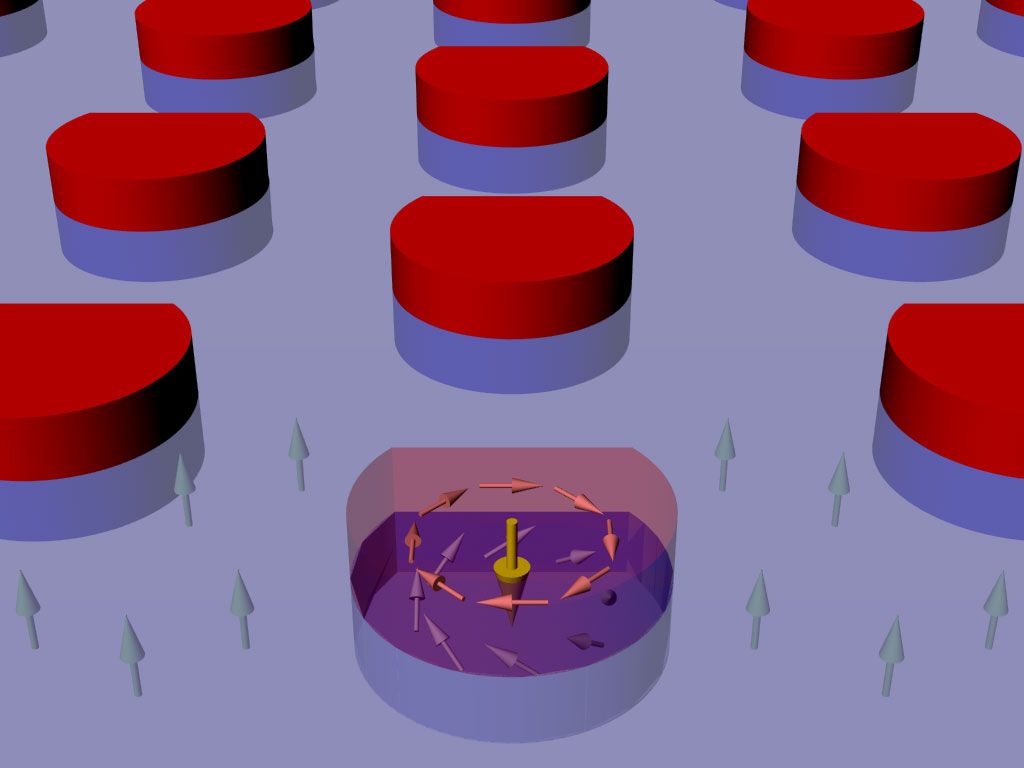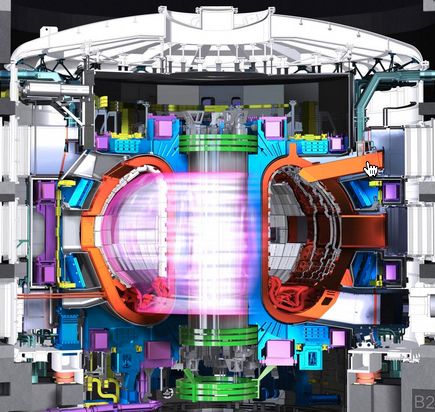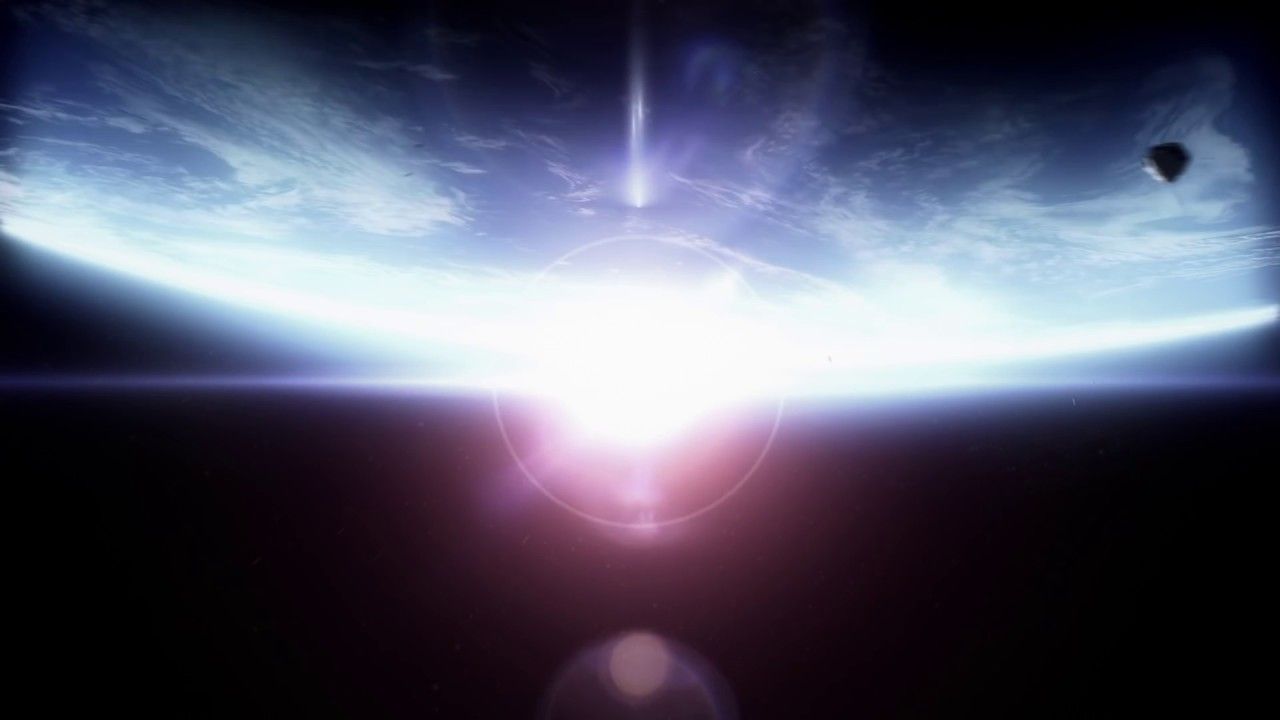Oct 9, 2015
The Possibilities and the Future of Brain Hacking
Posted by Phillipe Bojorquez in categories: neuroscience, robotics/AI
For all of man’s scientific and technological advances, the human brain largely remains a mystery. A new Vimeo video, “Master/Mind,” examines the state of research on the human mind and the questions that scientists, ethicists, futurists and others are asking in light of what we’re learning about the mind. The video, a Vimeo Staff Pick, consists of a series of comments from scientists, technologist, futurists and ethicists.
Automation, robotics and artificial intelligence are developing so rapidly that many people are wondering if some day, man will no longer harness science but rather be controlled by it. As this question weighs heavily on peoples’ mind, there has been a focus on understanding the human brain.
Continue reading “The Possibilities and the Future of Brain Hacking” »
















